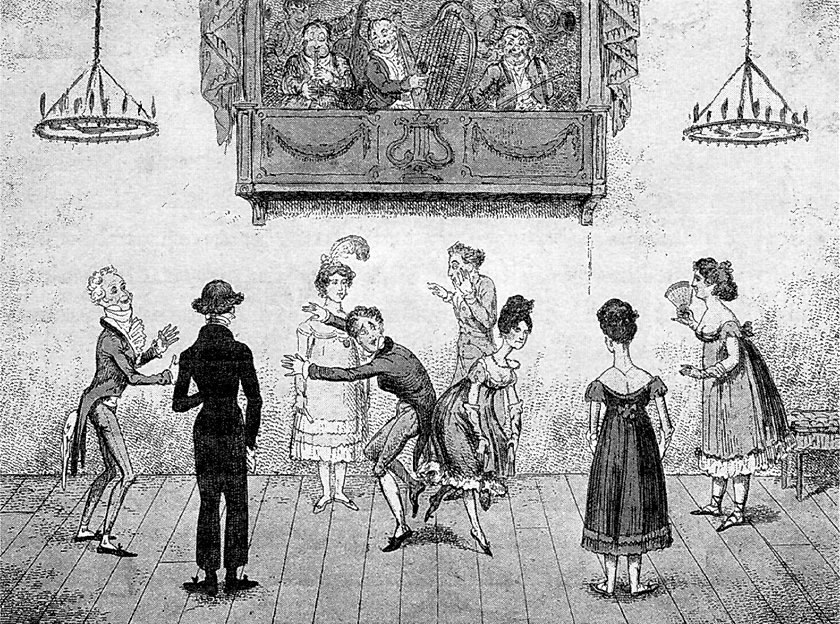Dancing = Sweating. To become a dancer, there is no other way than practicing, practicing and again, practicing. Which simply put, comes to sweating, sweating and more sweating. Thus the quote claiming that a genius is the result of 99% perspiration and 1% inspiration can be taken quite litteraly for dancers.
Of course the quote doesn’t apply universally. It is even a rather moralistic one. Because, for instance, it makes the claim that with just hard work you can achieve anything. And of course that never is true for 100%. Succes depends enormously on the place where you were born, or who your parents were. But one thing is sure: you never become a top-dancers without having sweated a great deal to master your trade.
And yes, talent is important and in-born, etc. And yes, that’s why the difference between a realy great dancer and a slightly less good dancer is sometimes so obvious. But believe me, they both will have sweated a great deal before they got there.
So why did I started all this? Well, because recently I read the astounding memoirs from the Comte de Mérode de Westerloo, were I could again discover how much dance training and lessons were required in the early regency periode. On pg 128 – 130 he brightly describes how he got to know the new dancing style of the quadrille in Charlesville (France) in january 1803. The new dances and the accompagning music were introduced by the local army band. They had direct relations with the greater world in Paris, where the new fashionable dancing style took the salons by storm
What surprized me the most, while reading these pages, was how clear it was that you couldn’t take part in any ball without taking lessons seriously. The background didn’t even give you the edge or advantages as before (the young count de Mérode belonged to the highest ranks of nobility). You simply had to sweat it out and thus, I count it as very illustrative for my self invented ‘Reasonable Amount of Sweat’ (TRAS) Theory.

